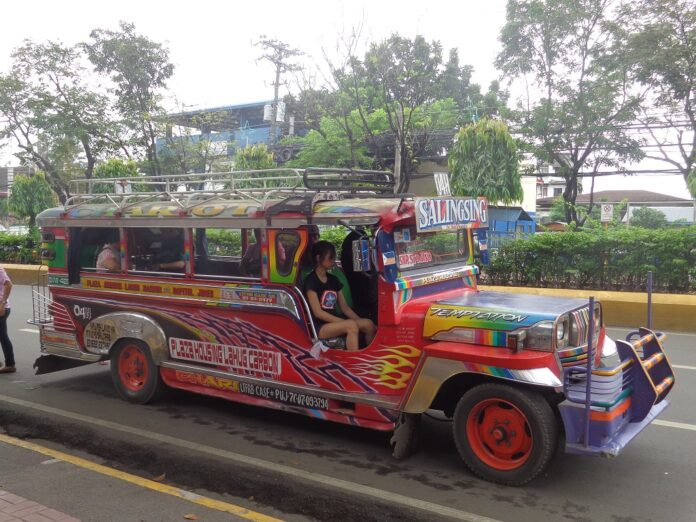By JOEL C. ESCOL, Managing Editor
MANILA – In the ongoing debate over the Public Utility Vehicle Modernization Program (PUVMP), Elmer Francisco, Chairman and CEO of Francisco Motors Corporation, voiced strong concerns about the lack of consultation with local jeepney manufacturers in developing new national standards for modern jeeps. Francisco’s remarks were made during a Senate Committee on Public Services hearing chaired by Senator Raffy Tulfo on June 21.
Francisco revealed that the Department of Trade and Industry (DTI) collaborated with foreign bus manufacturers rather than local jeepney producers to establish the Philippine National Standard (PNS) for Public Utility Vehicles. He emphasized that excluding local manufacturers from the consultation process could undermine the modernization effort.
“We were not consulted. The DTI consulted bus manufacturers from other countries to create the PNS for manufacturers. How can you modernize jeepneys by consulting foreign bus manufacturers? It doesn’t make sense,” Francisco stated.
He further mentioned that Francisco Motors discovered their exclusion through media reports and noted that while Sarao Motors was briefly consulted, they were ultimately left out. The current PNS, developed by the DTI’s Bureau of Philippine Standards (BPS) with the Truck Manufacturer’s Association (TMA), includes specifications such as Euro-4 emissions-compliant engines, which Francisco argued are already outdated internationally.
In response, Land Transportation Franchising and Regulatory Board (LTFRB) chair Teofilo Guadiz III clarified that the Euro-4 standard was set by the Department of Environment and Natural Resources (DENR), which the LTFRB adopted. Tulfo requested DENR’s presence at the next hearing for further clarification.
DOTr Undersecretary for Road Transport and Infrastructure Andy Ortega countered Francisco’s claims, stating that local manufacturers were present during the PNS formulation in 2017. However, Tulfo stressed the need for primary consultation with local manufacturers before engaging foreign entities. “Our local manufacturers are capable. We should respect them,” Tulfo asserted.
Route Plans Under Scrutiny
Senator Grace Poe emphasized the importance of finalizing route plans before reducing the number of public utility vehicles. The government’s ‘one route, one franchise policy’ aims to better regulate the number of vehicles on specific routes. Ongoing discussions with local government units (LGUs) are intended to review and possibly redesign existing routes.
However, Tulfo expressed concerns about LGUs potentially exploiting the route planning process for personal gain. He advocated for the Department of Transportation (DOTr) and LTFRB, with input from operators, to oversee route planning. “Don’t give it to the LGUs. It often becomes a business for local officials,” Tulfo warned.
Guadiz acknowledged the necessity of collaborating with LGUs due to their local expertise but assured that the final decision would rest with national authorities.
As the modernization program progresses, the involvement of local manufacturers and the integrity of route planning remain critical points of contention. The next hearing is expected to address these issues further, ensuring a more inclusive and transparent approach to public utility vehicle modernization. ###





